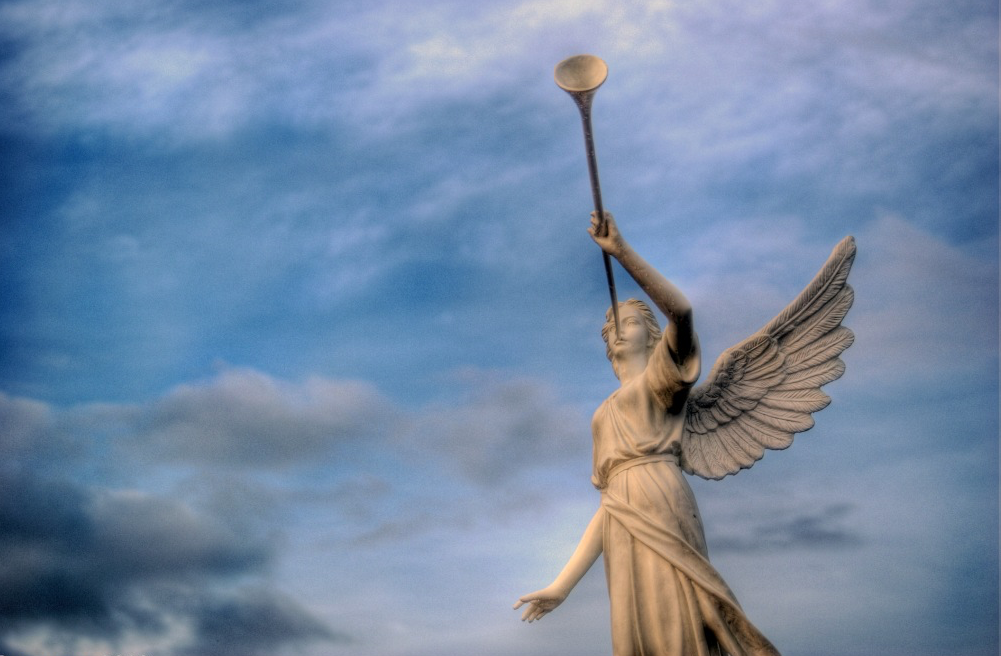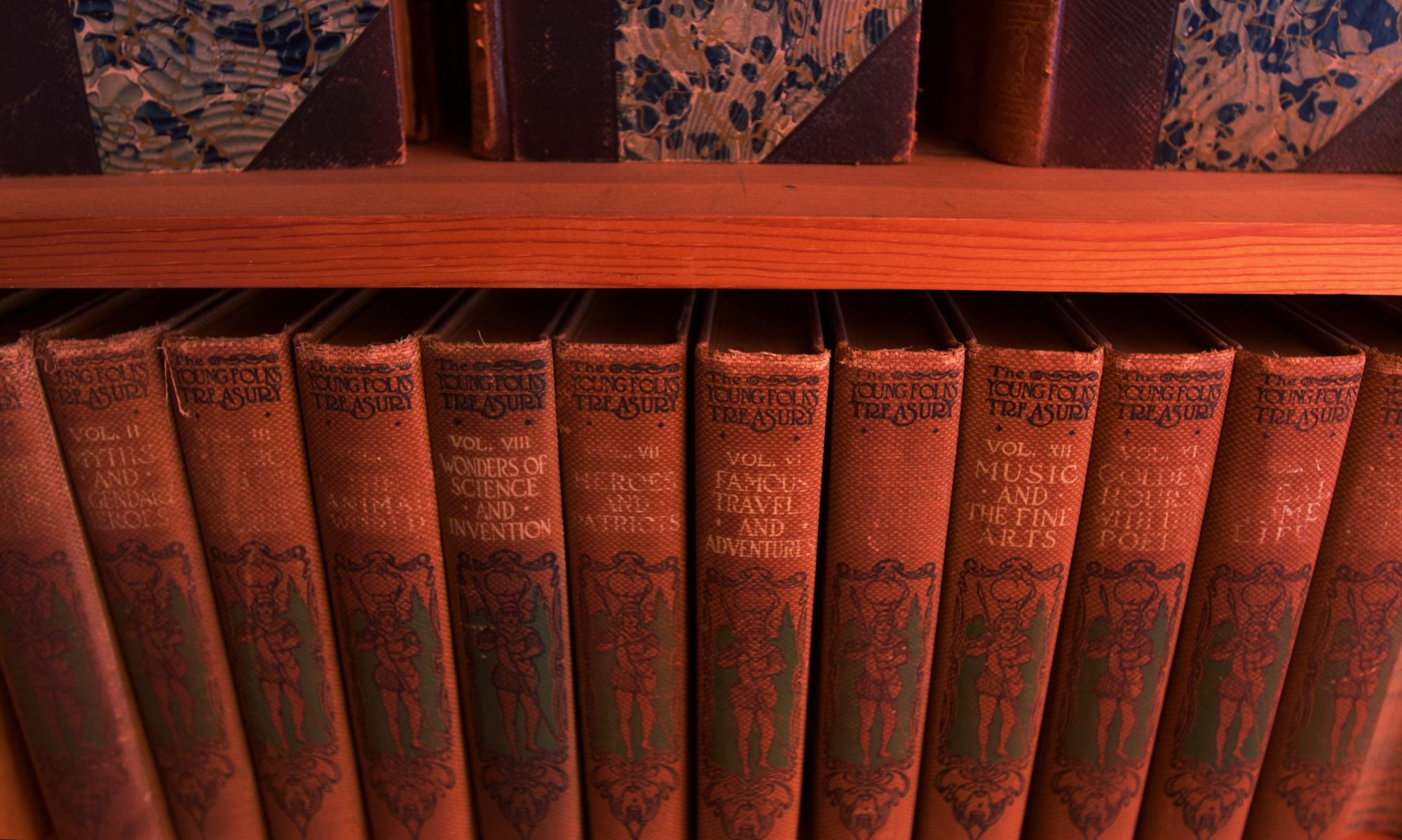
“All you people of the world, you who live on the earth, when a banner is raised on the mountains, you will see it, and when a trumpet sounds, you will hear it.” Isaiah 18:3
Tomorrow, Sunday, will likely be hot and wet here in Austin, Texas. Temperatures are expected to reach a high of 97 degrees, and our skies are 40-75% likely to rain. For me, it will be a day of church and football, naps and laundry, and bringing out my fall decorations so that when October rolls in this week, I feel ready.
But also on Sunday, at 10:27 A.M. my time, the sun on the other side of the world will slip below the horizon. As it sets and evening falls over the ancient city of Jerusalem, God in heaven will mark the start of one of His special days— Yom Teruah, or the Feast of Trumpets.
When God carved Israel out to be His very own people, He gave them seven annual feasts or festivals. He called them “My appointed times, the times of the Lord.” Each one was to be a sacred assembly, a gathering of the people to rest, to remember, and to sacrifice.
For the ancient Israelites, the Feast of Trumpets was a memorial marked by joyful shouts and trumpet blasts. Held on the first day of the seventh month, it was the first of three fall feasts. It signaled the end of the grain cycle, and the not-far-off arrival of the soft rains desperately needed to break up the dry, parched earth for plowing to begin again. It was the time of the harvest, a time to gather and rejoice over all that God had provided, and to petition Him about what was to come. It was the first day of the “Ten Days of Return,” filled with awe and repentance, set apart to contemplate one’s position before God.
While God called the Feast of Trumpets a “commemoration,” the Bible does not specify what it was that Israel was meant to remember. Presumably, when God prescribed trumpet blasts, He expected the sound of the ram’s horn to remind His people of the only other time in their history the trumpet was featured— Mt. Sinai. Sinai was the mountain where Israel camped shortly after their exodus from Egypt, and where they met God. By divine appointment heralded by a heavenly trumpet, the people went up, and God came down:
“The Lord said to Moses, ‘…the Lord will come down on Mount Sinai in the sight of all the people….When the ram’s horn sounds a long blast, they may go up the mountain’… On the third day, when morning came, there was thunder and lightning, a thick cloud on the mountain, and a loud trumpet sound, so that all the people in the camp shuddered. Then Moses brought the people out of the camp to meet God, and they stood at the foot of the mountain. Mount Sinai was completely enveloped in smoke because the Lord came down on it in fire. Its smoke went up like the smoke of a furnace, and the whole mountain shook violently. As the sound of the trumpet grew louder and louder, Moses spoke and God answered him in the thunder.” (Exodus 19:13, 16-19)
The trumpet sound would remind the Israelites of their fear of the Lord, the memory of His appearance at Sinai, and of the covenant relationship they shared.
But then, maybe it was for God to remember, as well. In Numbers 10, God lists how and when Israel should use trumpets: to gather the people to meet the Lord, to gather the leadership, to signal when to pack up and move out, and to accompany their sacrifices, offerings, and joyous occasions. Throughout Israelite history, trumpets were used to rally the people, to make an oath, to consecrate the temple, to declare transgressions, and to sound an alarm. Most often they were used to announced a king, and as a battle cry to declare war. But God also says:
“When you go into battle in your own land against an enemy who is oppressing you, sound a blast on the trumpets. Then you will be remembered by the Lord your God and rescued from your enemies.” (Numbers 10:9).
So God also hears the trumpet sound, and He remembers, too. (Num 10:9; 2 Chron 13:12).
At some point in the 1st and 2nd centuries, after the Jewish diaspora and the destruction of the temple in 70 A.D., the Feast of Trumpets came to be known as a new year holiday called Rosh Hashanah. Tomorrow, Jews around the world will eat sweet, delicious treats, like apples with honey, or honey cakes, to symbolize a prosperous and joyful year ahead. Many will exchange greetings that mean: “May you be inscribed and sealed for a good year,” or “A good inscription and sealing in the Book of Life.” Others will find a nearby body of water and ceremonially cast into it their sins. At temple services, prayers will likely be added to include the themes of God as King and Judge, and the desire that He remember His people. And the shofar, or ram’s horn, will be blown repeatedly.
But what are these feasts to us? Is God still mindful of His appointed times?
Paul, an avid student of Judaism before his conversion to Christianity, wrote that the festivals were “a shadow of things to come,” the substance of which was the Messiah. (Col 2:16) Those of us who follow Jesus see Him, our Savior, reflected in the spring feasts. His crucifixion during the Feast of Passover was to us, no accident. He was our sacrificial Lamb, the blood covering under which we are saved. His burial was the messianic manifestation of the Feast of Unleavened Bread, and His resurrection that of the Feast of Firstfruits (1 Cor 15:20-23). Fifty days later, He sent the Holy Spirit to His disciples in the upper room during the Feast of Weeks, or Pentecost.
For Christians, the holidays God prescribed thousands of years ago are more than ancient agricultural dates; they are God’s very own calendar of redemption, a prophetic blueprint that spoke of Jesus and foretold the Father’s plan for getting us home.
So what about the Feast of Trumpets?
We know from the Bible that the sound of the trumpet is a heavenly sound, the sound to which God ascends (Ps 47:5), and by which He will send His angels out to gather His elect (Matt 24:31). Repeatedly the Old Testament prophets declared that the sound of the trumpet would precede God’s judgment (Isa 18:3; Isa 27:13; Der 4:5; Jer 6:1; Jer 49:2; Eze 7:14; Hos 5:7-10; Joel 2; Zech 9:14). And those of us who await Jesus’ return understand from Scripture that His Second Coming will be accompanied by a trumpet:
“For the Lord Himself will descend from heaven with a shout, with the archangel’s voice, and with the trumpet of God, and the dead in Christ will rise first.” (1 Thess 4:16)
“We will not all fall asleep, but we will all be changed, in a moment, in the blink of an eye, at the last trumpet. For the trumpet will sound, and the dead will be raised incorruptible, and we will be changed.” (1 Col 15:51-52).
The last trumpet. To mark a time of awe and repentance. A time for us to go up, and Him to come down. A time to meet with God by divine appointment. A time for a great final harvest. A time to announce a king, and to declare war.
Certainly, no one knows the day or the hour of God’s timing, not even the Son. His ways are mysterious, and His thoughts beyond ours. Who can contemplate it?
But in my mind’s eye, I can almost imagine it now: an ordinary day in September or October, quite possibly the 1st of Tishrei on a Jewish calendar, a day just like any other, filled with football and laundry, naps and decorating, when just as suddenly and unexpectedly as a thief in the night, the sky rolls back, a great cloud descends, and a mighty, terrifying trumpet blast fills the whole world with its noise.
“You have not come to a mountain that can be touched and that is burning with fire; to darkness, gloom and storm; to a trumpet blast or to such a voice speaking words that those who heard it begged that no further word be spoken to them… But you have come to Mount Zion, to the heavenly Jerusalem, to the city of the living God. You have come to thousands upon thousands of angels in joyful assembly, to the church of the firstborn, whose names are written in heaven. You have come to God, the judge of all men, to the spirits of righteous men made perfect, to Jesus the mediator of a New Covenant, and the sprinkled blood that speaks a better word than the blood of Abel. See to it that you do not refuse him who speaks…Therefore, since we are receiving a kingdom that cannot be shaken, let us be thankful, and so worship God acceptably with reverence and awe, for our ‘God is a consuming fire.’” (Heb 12:19)
